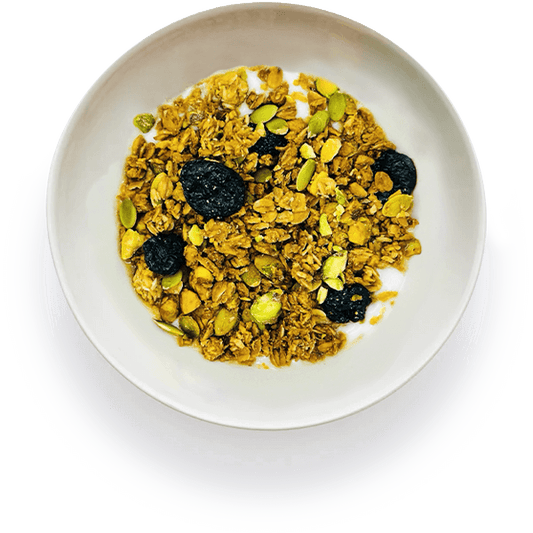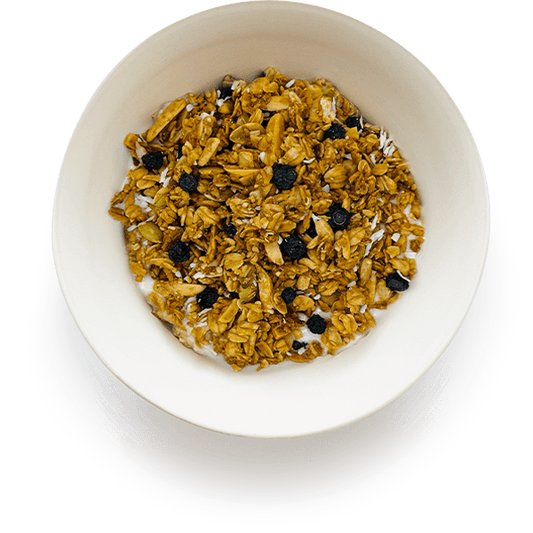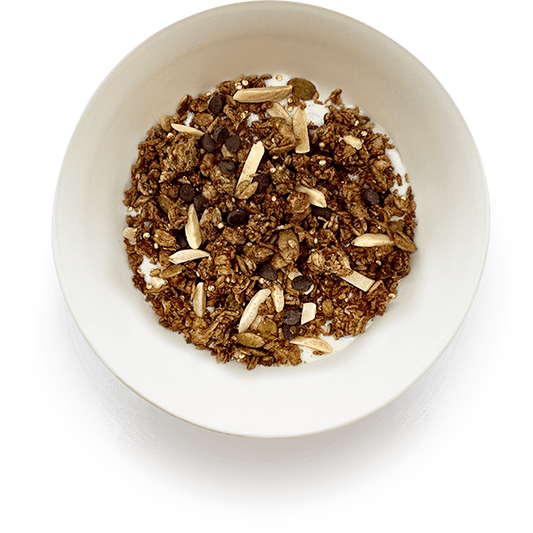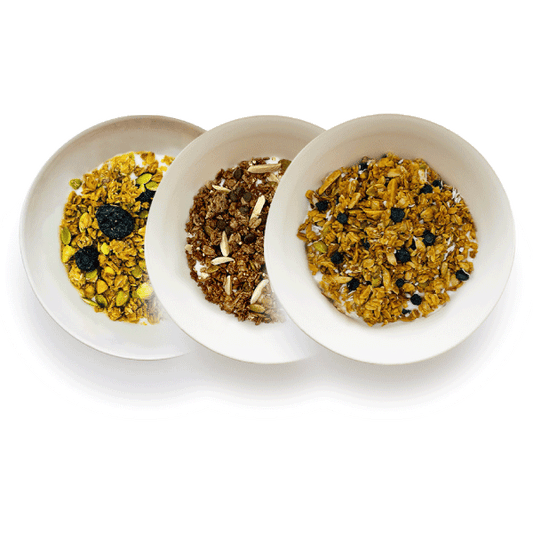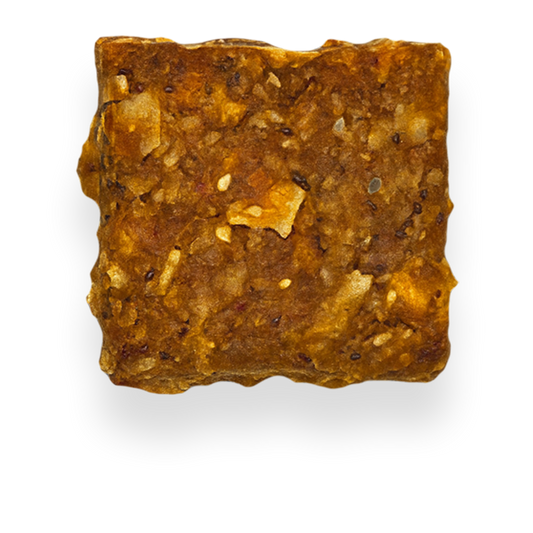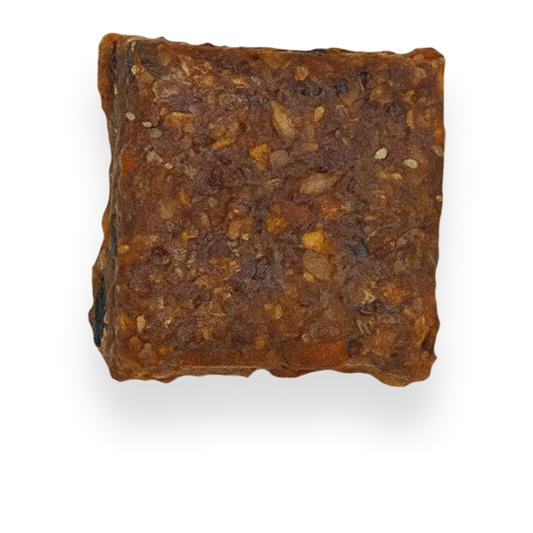Unlocking the Power: Benefits of a Plant-Based Diet for Athletes
By FireRoad
Athletes are continually seeking ways to optimize their performance, enhance recovery, and maintain overall health. While traditional diets often prioritize animal-based proteins, a growing body of research suggests that shifting towards a plant-based diet can offer numerous advantages for fitness enthusiasts and athletes alike.
The Protein Paradigm
One common misconception about plant-based diets is the lack of sufficient protein intake. However, plants can be excellent sources of protein, including legumes, tofu, tempeh, and quinoa. These plant-based proteins not only provide essential amino acids but also offer additional benefits such as fiber and antioxidants that support overall health and digestion.
Enhanced Fitness and Recovery
Plant-based diets are rich in complex carbohydrates, which serve as primary fuel sources for prolonged physical activity. By incorporating whole grains, fruits, and vegetables, athletes can sustain their energy levels throughout workouts and competitions. Additionally, the anti-inflammatory properties of plant foods may help reduce muscle soreness and accelerate recovery post-exercise.
Exploring Flavorful Options
Contrary to popular belief, plant-based meals can be incredibly flavorful and diverse. With a plethora of herbs, spices, and plant-based ingredients available, athletes can enjoy a wide range of delicious dishes while reaping the nutritional benefits of a plant-based diet.
Optimal Nutrient Intake
A plant-based diet can provide athletes with essential vitamins, minerals, and antioxidants that are vital for overall health and performance. By including an array of colorful fruits and vegetables in their meals, athletes can ensure they are meeting their daily nutrient requirements to support immune function and reduce oxidative stress.
Maximizing Performance
Research indicates that plant-based diets may enhance cardiovascular health, improve blood flow, and lower cholesterol levels, all of which are critical factors for athletic performance. By prioritizing plant foods, athletes can optimize their physical capabilities and achieve peak performance levels.
Plant-Powered Recovery
After intense physical activity, the body requires adequate nutrients to repair muscles and replenish glycogen stores. Plant-based foods such as leafy greens, nuts, seeds, and legumes offer the necessary nutrients to support recovery and promote muscle growth, ensuring athletes are ready for their next training session.
Navigating the Transition
Switching to a plant-based diet may seem daunting at first, but with proper planning and education, athletes can seamlessly transition towards a more plant-centric eating pattern. Gradually incorporating plant-based meals, experimenting with new recipes, and consulting with a nutritionist can help athletes make the shift successfully.
Building a Balanced Plate
Creating well-rounded and balanced plant-based meals is key to meeting the nutritional needs of athletes. A typical plant-based plate should include a variety of food groups such as fruits, vegetables, whole grains, legumes, nuts, and seeds to ensure a comprehensive intake of essential nutrients for optimal performance and recovery.
Embracing Diversity
The beauty of a plant-based diet lies in its diversity and versatility. Athletes can explore cuisines from around the world, experiment with different cooking techniques, and discover new plant-based ingredients that not only enhance the flavor of their meals but also support their fitness goals.
Fueling Long-Term Health
Beyond athletic performance, adopting a plant-based diet can have long-term health benefits, including reduced risk of chronic diseases such as heart disease, diabetes, and certain cancers. By prioritizing plant foods, athletes can nurture their bodies and lay the foundation for a healthy and vibrant future.
Unleashing the Potential
As athletes continue to seek innovative ways to elevate their performance and well-being, the benefits of a plant-based diet shine brightly. By embracing the power of plants, athletes can unlock a world of flavors, nutrients, and vitality that propel them towards their fitness goals and optimal health.



